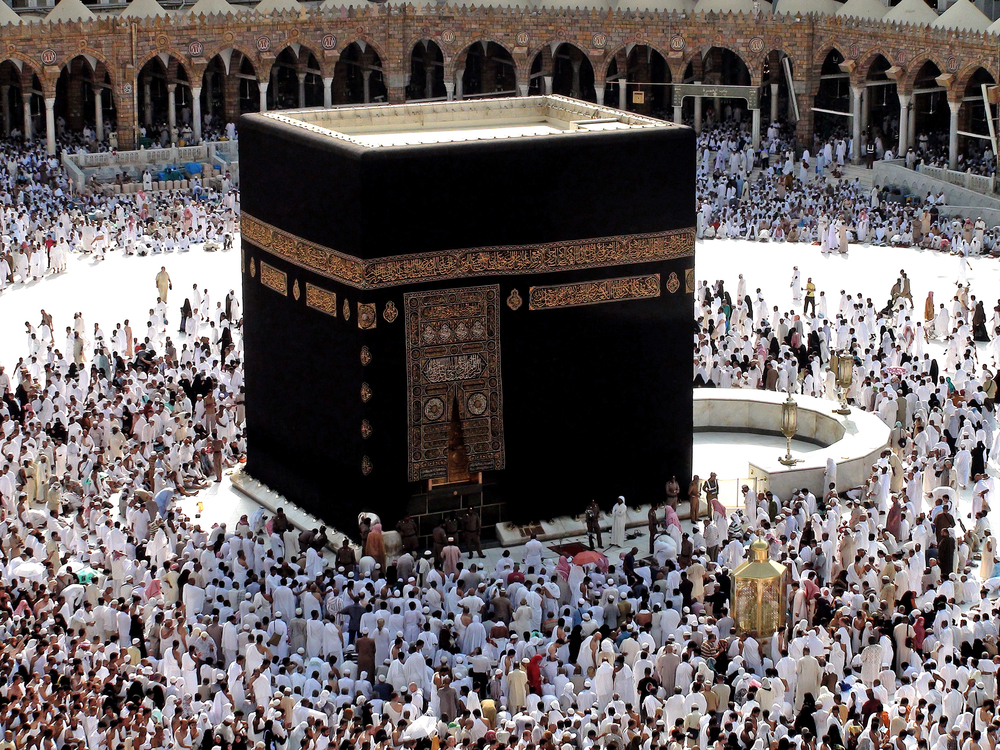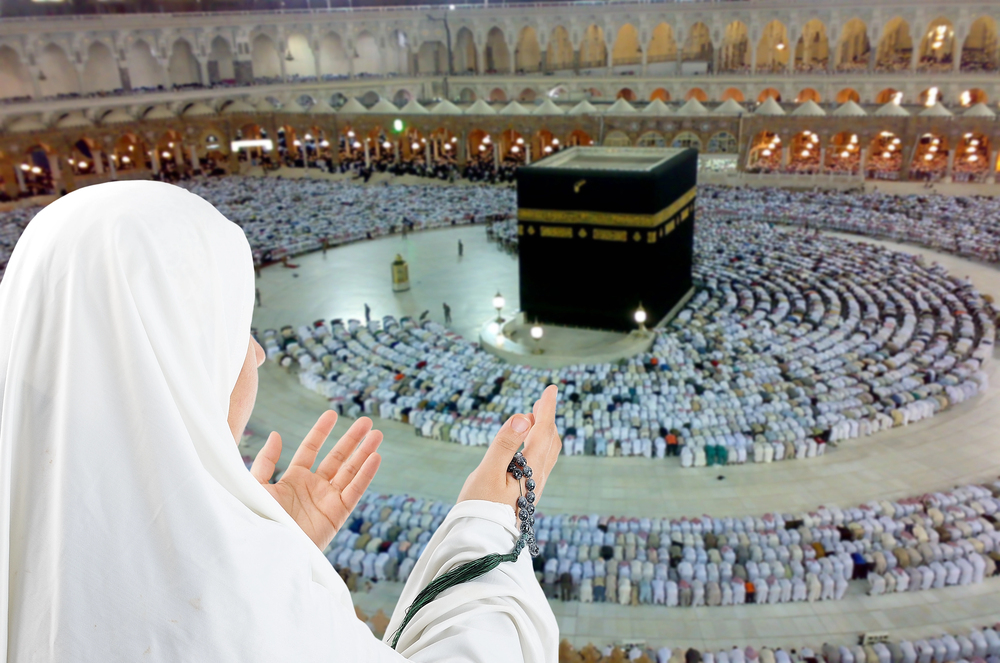Important Information About Hajj
Hajj is the fifth pillar of Islam, a religious obligation that every Muslim must fulfill at least once in their lifetime, provided they are physically and financially able. It is a pilgrimage to the holy city of Makkah in Saudi Arabia, performed during the month of Dhul-Hijjah, the last month of the Islamic calendar. Hajj consists of a series of rituals that symbolize the unity of the Muslim ummah and devotion to Allah (Subhanahu Wa Ta’ala). This spiritual journey offers Muslims an opportunity to cleanse themselves of sins and renew their faith.
Hajj is also a chance for Muslims from all over the world to come together, fostering a sense of global community and brotherhood. Pilgrims perform the rituals together, pray, and share their experiences, further strengthening their faith and connection with others. The rites of Hajj include Tawaf (circumambulating the Kaaba), Sa’i (walking between the hills of Safa and Marwa), standing at Arafat, the symbolic stoning of the Jamarat, and the sacrifice of an animal.


Religious Prerequisites and Preparations for Hajj
Requirements for Hajj
- Islamic faith: only for Muslims
- Age: the pilgrim must be of legal age
- Intention (Niyyah): a sincere intention to perform Hajj for the sake of Allah’s (Subhanahu Wa Ta’ala) pleasure
Preparations for Hajj
- Purification: cleanse both heart and body
- Prayer: engage in deep prayer and seek forgiveness
- Learning the Rituals: study the rites of Hajj
- Supplication (Dua): pray for a successful and accepted Hajj
The Course of Hajj
8th of Dhu al-Hijjah (Day of Tarwiyah): The pilgrims spend the day in prayer and reflection. The pilgrims spend the night in Mina, preparing for the next day’s journey to Arafat. Mina is known as the “City of Tents” because pilgrims are accommodated in large tent camps.
9th of Dhu al-Hijjah (Day of Arafah): The pilgrims spend the entire day on the plain of Arafat in worship and prayer.
Night Between the 9th and 10th of Dhu al-Hijjah: Muzdalifah: Overnight stay under the open sky and collection of pebbles needed for the stoning ritual.
10th of Dhu al-Hijjah (Eid al-Adha): Tawaf. Pilgrims perform seven circuits around the Kaaba.
10th of Dhu al-Hijjah: Sa’i. Pilgrims walk briskly seven times between the hills of Safa and Marwah.
11th, 12th, and 13th Days of Dhu al-Hijjah (Days of Tashreeq): Ramy al-Jamarat (Stoning of the Devil). On the first day, seven pebbles are thrown at the largest pillar (Jamarat al-Aqaba). On the second and third days, pilgrims throw seven pebbles at each of the three pillars, starting after the noon call to prayer (adhan).


Special Guidelines for Women During Hajj
Mahram: Women should travel with a mahram (husband, son, father, maternal or paternal uncle) or with a trustworthy group.
Clothing: Women should wear modest clothing that covers the entire body except for the face and hands. Unlike men, there is no specific ihram garment for women, but their clothing must be modest and non-transparent.
Prayer: Women may perform all Hajj rituals, including Tawaf and Sa’i, but should avoid crowded areas and prioritize their safety.
Menstruation: During their menstrual cycle, women are not permitted to perform certain Hajj rituals, including Tawaf. Once they are purified, they may continue with the remaining rites.
Safety: Women should exercise caution in crowded areas and stay with their group or mahram at all times.
Prohibitions During Hajj
Hajj is one of the most significant journeys in a Muslim’s life. During this sacred pilgrimage, pilgrims must observe certain prohibitions to fulfill their duties in the correct manner. These prohibitions include:
- Cutting hair or nails: Pilgrims are not allowed to cut their hair or trim their nails during Hajj. This symbolizes devotion and submission to Allah (Subhanahu Wa Ta’ala).
- Using perfume: The use of perfume or any scented products is not permitted. This helps pilgrims remain focused on the spiritual essence of the pilgrimage.
- Sexual relations and intimate acts: Pilgrims must refrain from all forms of intimate behavior during Hajj. This prohibition underscores the purity and sanctity of the pilgrimage period.
Observing these prohibitions helps pilgrims achieve spiritual purification and fully dedicate themselves to their religious obligations during Hajj.

